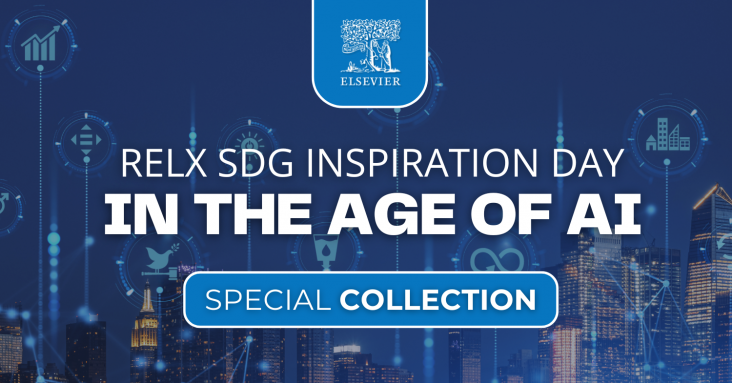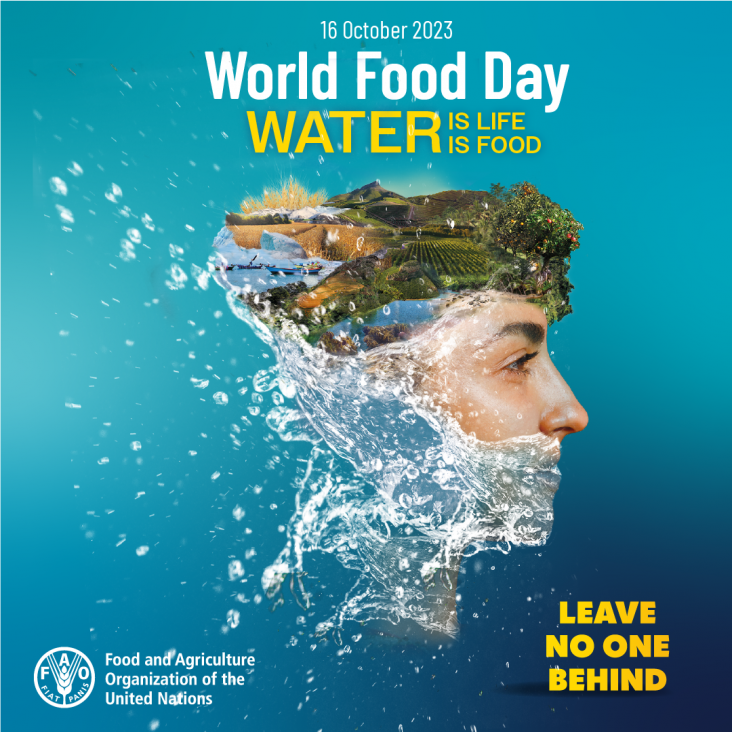End hunger, achieve food security and improved nutrition and promote sustainable agriculture
The purpose of this scoping review was to determine the extent to which accessibility and acceptability of federal food assistance programs in the United States have been evaluated among indigenous peoples and to summarize what is currently known. Overall, it was found that little attention has been paid to the accessibility and acceptability of federal food assistance programs among indigenous peoples and more research is needed to understand and improve the participation experiences and health trajectories of these priority populations.

This year’s RELX SDG Inspiration Day will bring together global AI leaders, corporate representatives, investors, government, and NGOs to explore issues, gain practical insights and be inspired to take action in support of the Global Goals. Elsevier is proud to share this special collection of articles and chapters in celebration of this event.
The study forecasts AI-based innovation's impact on SDGs in 22 countries from 2022 to 2030 using System Dynamics Modeling. In most of the 22 countries studied, AI-based innovation positively affects SDGs 1, 3, and 5. For half of the countries studied, AI-based innovation positively influences SDGs 2, 4, 6–8, 11, 13, and 16–17. AI-based innovation does not positively influence SDGs 10, 12, 14–15 for most countries studied.
This chapter advances the UN SDG goals 2 and 9 by highlighting the role AI can play in identifying crop improvement methods for sustainable agriculture.
This chapter aligns with Goals 2 and 11 by focusing on the potential for improved food production when agroforestry practices are exploited. Further, the use of Agroforestry enhances sustainability within food production systems by providing environmental protections and balances.
This article provides novel insights for further improvements in tomato quality while also developing water-saving irrigation techniques.

In support of #WorldFoodDay, Elsevier has curated a special collection of free access book and journal content to help raise awareness for water as the foundation for life and food.
Despite inherent resiliency and strengths, Indigenous Peoples in the United States and Canada have been impacted by colonialism, which has led to a loss of land, culture, and identity. Loss of land in particular has had substantial impacts on Indigenous food system practices. Indigenous food sovereignty (IFS) has been determined to be a mechanism for Indigenous communities to build their capacity to address food insecurity.
This study estimates the prevalence and trends of undernutrition in all countries of SEAR using national level data. This is the first study to study indicators of malnutrition at the regional level and estimating the effect of current food policies on future health of children.
UN's Summit of the Future 2024: Paving the Path for SDG Resources
